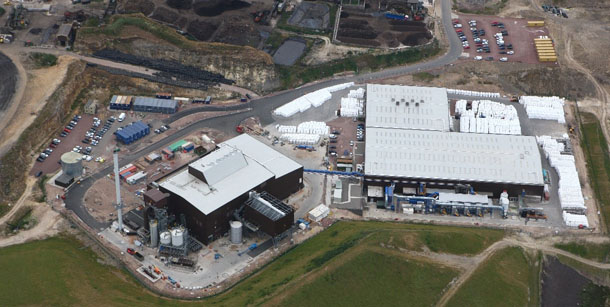According to the study, sponsored by gas analyser supplier Geotechnical Instruments and the Chartered Institute of Wastes Management, using gas from landfill and anaerobic digestion as road transport fuel is easily implementable and could provide substantial savings in greenhouse gas emissions.
It claimed that biogas could be upgraded to biomethane for relatively little, while the technology could be retrofitted onto cars for between £1,000 and £2,000 per vehicle.
However, author Kofi Apea Adu-Gyamfi – a Cranfield graduate – who wrote the study with the support of Dr Frederic Coulon and Dr Raffaella Villa, stated that capitalising on both depended on the pace of investment and overcoming public scepticism.
He said that biomethane use for road transport is common outside the developed world – with Pakistan, Argentine, Brazil and Iran accounting for 65% of global market share – but has yet to catch on at the same scale in Europe due to a lack of refuelling infrastructure and fears over the safety and reliability of biomethane, as well as a public dislike of incinerators.
This could be overcome by incentives such as discounted energy tariffs and free domestic hot water for people living near energy from waste plants, the author suggested.
He also voiced fears over feedstock availability: the study noted the potential for over-capacity of treatment technologies such as anaerobic digestion and thermal energy from waste, which could result in feedstock shortages.
Mr Adu-Gyamfi wrote: “The use of biomethane for road transport and community-level EfW should be given more support because they would provide much-needed energy and help to combat climate change. Small-scale EfW facilities deployed within communities would also help to overcome some of the challenges faced by larger installations.
He added: “Energy from Waste (EfW) technologies can make significant contributions towards achievement of the UK's renewable energy and greenhouse gas reduction targets. However, if these targets are to be met, concerted and sustained action is required from all stakeholders.
“Although UK Government policies have encouraged renewable technology development, innovators require greater support in bringing technologies to market.”









Subscribe for free